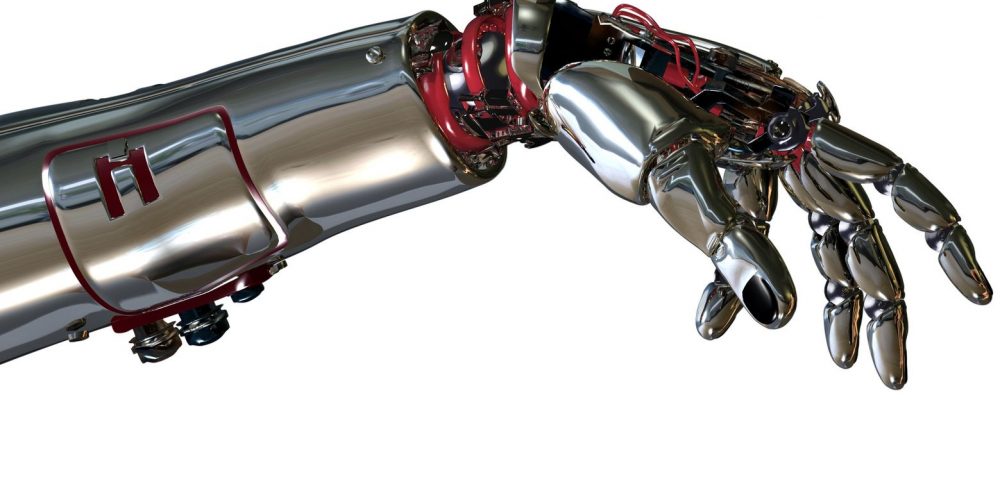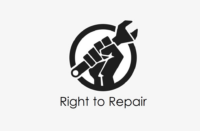In the preface of his book SuperIntelligence, Nick Bostrom writes: “The human brain has capabilities that the brains of other animals lack. It is to these distinctive capabilities (language, technology and complex social organization) that we owe our dominant position on the planet.” The question is whether these capabilities will lead to our downfall. Will our fate be decided by our own creation?
The intellectual community raises an alarm about three possible causes for the apocalypse: climate change, nuclear war, and artificial intelligence. The alarms raised by intellectuals when ChatGPT was introduced with great hype were: Will AI take away jobs? Will humans be made redundant by AI? Will clever machines create stupid humans?
Artificial Intelligence is when computers can learn by themselves and make decisions without human intervention, using enormous amounts of data, which the human brain cannot process. So it uses past data to create models that predict the future.
Critics say that AI is not all that intelligent, in that it only mimics the data already created by humans, and lacks human understanding. Noam Chomsky has said that AI, like ChatGPT, is “the banality of evil: plagiarism, apathy and obviation,” and that it lacks morality and rational thought.
One of the main features of capitalism is that it incessantly revolutionises the means of production; but the motive is to increase productivity, thereby depreciating the value of commodities. This helps the capitalist to sell the commodities more cheaply and so get ahead in the competition to capture market share.
The automation of factories has been taking place ever since capitalism became a major mode of production. Marx observed that automation breaks down all the manual tasks, such as spinning, and later weaving, into their components and then automates them. What automation does is to divide physical labour into smaller tasks and mimic them as a repetitive task. The same can be done in mental labour as well, which means breaking down the way we think and process megabytes of information, then creating algorithms for a particular task.
The working class have always regarded automation with detestation, as automation is followed by the loss of jobs. Some workers in the early nineteenth century destroyed machines in the factories, thinking that machines were the reason for their unemployment. Marx later criticised that approach, explaining that automation per se is not the reason for their unemployment but the social relations that enable a particular class to acquire private ownership of the means of production, which is the cause of their misery.
The essence of Marx’s explanation regarding revolutionising the means of production is “too many useful things results in too many useless people.” What he meant here is that previously the means of production were used by the labourer to create use values, but in the capitalist mode of production the means of production use the labourer to absorb his or her labour to produce surplus value. So the labourer loses their creativity and becomes a mere appendage of the machines.
Marx was never against science and technology; in fact he embraced science and its innovations with joy, studying every invention and discovery during his time with enthusiasm. He was very clear that it is not the machines but the social relation to the means of production that is the threat to humans. It is peculiar to the capitalist system that the machines that were supposed to make life easier for workers and provide them with more leisure become a nightmare, which threatens their job. Capitalism uses the machines produced by the dead labour of workers and turns them against living labour to exploit it, because the means of production are the private property of the bourgeois class.
AI will increase productivity and reduce the value of all commodities, including labour power, which under capitalism has become a commodity for the first time in history. At the same time AI will create a large reserve army of labour and precarious jobs and will cause a downward pressure on wages, greater exploitation, and a dangerously unequal society.
The danger is not just for the working class: the contradiction in capitalism is that the increased productivity through the use of machines will reduce the profitability of capital. The result is crisis.
AI is not a problem in itself: it is the underlying social relation with respect to the means of production that is the threat to humans. The social change that alters this relation and creates the social ownership of human inventions is the solution. We have come to a point where it is a choice between socialism and extinction.






